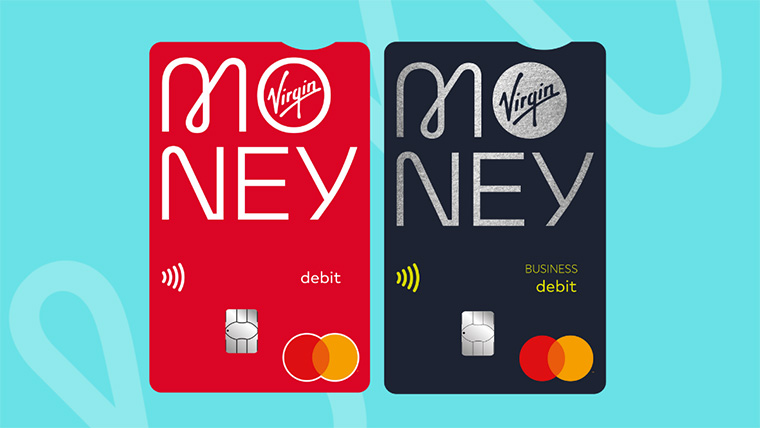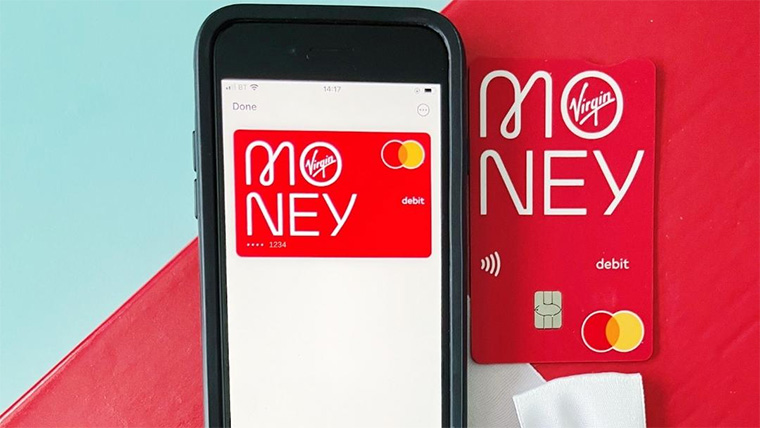
Agri E Fund: helping farmers create a greener future

What's the difference between a personal bank account and a business bank account?

How to make stunning lamps without spending a fortune

How to give your money a makeover in 2025 - a month by month plan

Five steps to have a Christmas with less money worry during the cost of living crisis

Nine marketing tips that will help get your business noticed

Save hundreds on your next holiday with my top travel hacks

How to save on your utility bills this winter
